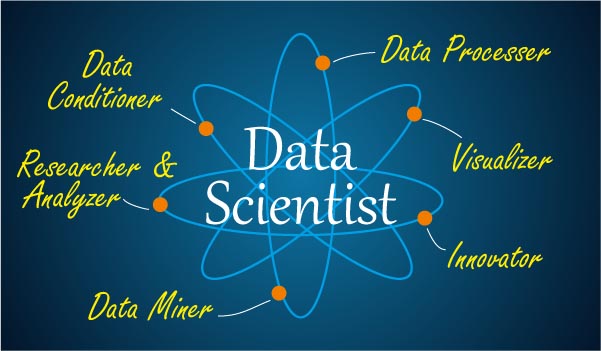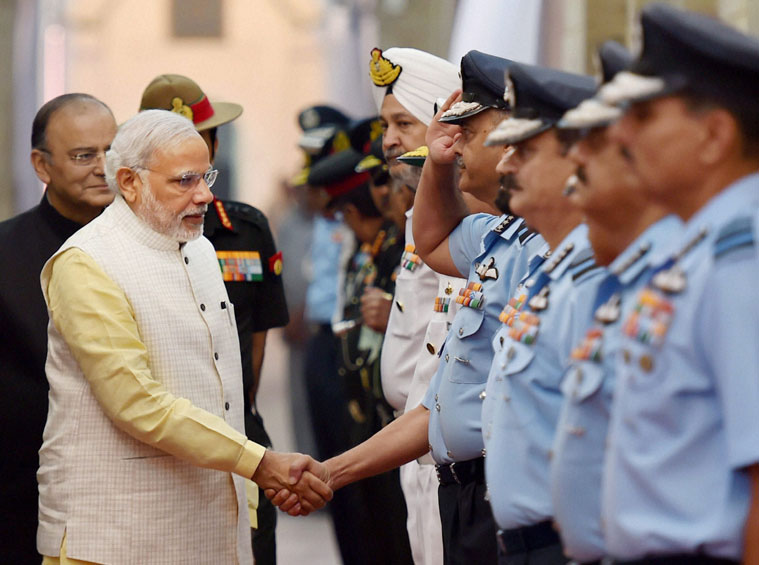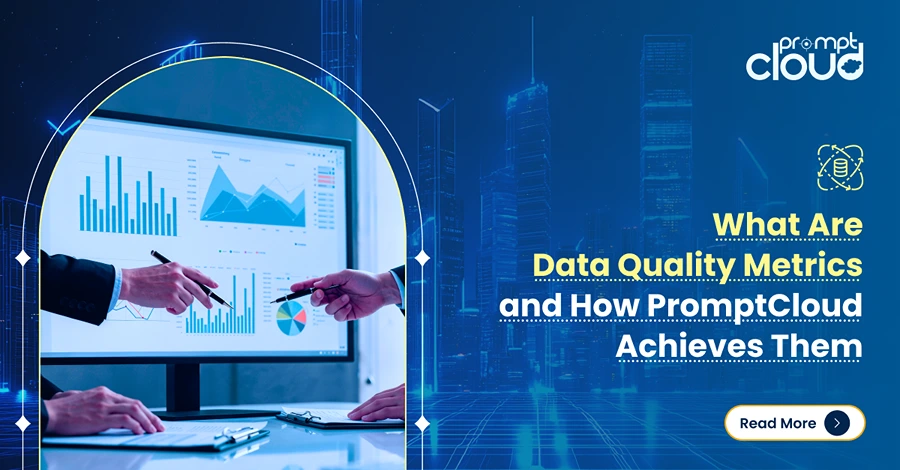Today, the entire world is facing the threat of terrorism and insurgency. Security agencies and governments across the world are looking for ideas and solutions to curb the terrorist activities. Big data has a few answers to national security issues apart from the usual enterprise security solutions devised using data analytics and Big Data. Several experts have highlighted the need to Data Crawling for National Security. Data Analysis on a large scale can help nations in dealing with most critical public safety and security challenges including terrorism.
Security Agencies, military forces and other government organizations are leveraging Big Data for National Security offering flexible intelligence analytics capabilities that help in generating actionable insights on preventing against the acts of terror. These insights offer relevant clues about different terrorist activities and groups. Defence and Government Agencies are involved in developing technologies for Big Data Security Analytics. Major focus is on developing big data analytics, tools and algorithms improving national security and combating terrorism.
Today, Governments of different nations are employing Scraping services for national Intelligence. Throughout the world, most governments and security agencies are positioning themselves to crawl tweets from terrorist groups like Islamic State (ISIS). Latest technology software is being used to crawl Islamic State websites through online peer network for clues about the terrorists and their activities. Tracking ISIS tweets in real time and their social media posts is giving a peek into their modus operandi and helping in identifying their geographical locations.
Several security and defence organizations are on a lookout for web crawling and analytics software having the ability to mine social media posts that can predict foreign uprising, terrorist attacks and other such events. Intelligence analysts are already keeping a hawk’s eye on information from Twitter and Facebook accounts to extract news feeds from Al Jazeera and also that of active terrorists groups.
Governments of different nations are already collaborating with various IT companies to identify and analyze different levels of terrorist threats using advanced Web extraction and analytics systems and services. These Systems possess advanced features such as temporal analysis, geospatial analysis, social network analysis, social media monitoring, live data crawl from multiple websites and others as well. Recently, Prime Minister of United Kingdom, David Cameron revealed that he is in conversation with the United States President, Barack Obama on coaxing social media giants such as Twitter and Facebook to help Britain’s intelligence agencies and Britain’s GCHQ eavesdropping centre gain crucial intelligence reports.
Security agencies around the globe, in association with IT companies, are now using DaaS for Intelligence for identifying the terror organizations’ members and their whereabouts. These companies are overcoming big data challenges using robust data extraction tools helping Intelligence Analysts to gain insights from structured or unstructured information. Amalgamation of this data with rich visual analysis capabilities helps in procuring actionable intelligence insights. They are trying to share and disseminate this information through data visualization techniques that give shape to even the most complex intelligence insights. Considering security aspects of national security, companies must maintain data integrity with interoperable solutions that include advanced security features.
Assistant to the U.S. President and The White House Office of Science and Technology Policy (OSTP) director, Dr. John P. Holdren recently said, “In the similar manner in which past Federal investments in information-technology R&D were responsible for advancement in supercomputing and the creation of the Internet, likewise we are making vows to transform our ability to use Big Data for different purposes including education, environmental and biomedical research, scientific discovery, and national security.”
Data Scientists and Analysts need to leverage big data analytics for preventing crimes and disasters instead of post-event investigation. There is a need to improve national intelligence and prevent people from terrorist attacks posing a threat to country’s security. Security experts have pointed out that current security systems do not possess the ability to provide information before a terrorist attack.
According to Air Chief Marshal, Sir Stuart Peach, Vice Chief of Defence Staff, “Big Data possesses potential for the Defence and Security sector but the Ministry of Defence (MoD) need not procure customized software solutions only if it needs to leverage technology timely.” He emphasized on making quick moves by adopting ready solutions rather than wait for a custom-designed solution for security agencies.
Going forward, Defence and security agencies may need to consider developing security equipment that helps in pre-event management and preventing crimes instead of post-event investigation. Networkability must be mandatory in security devices because of the need to be connected with multiple sensors to provide seamless data services. Talking of data that might require seamless transmission, it is much needed for videos recorded by surveillance cameras. Evolution of technology has brought the concept of Intelligent Video (IV). An IV solution uses Video Content Analysis (VCA) or Video Analytics (VA) to extract information from videos such as motion detection, audio detection, vehicle license plate reading, or counting people. Emergence of such technologies is going to step-up security measures. These video security systems when connected with external Wi-Fi help in detecting theft, burglary incidents or any criminal security breaches.
Prime Minister of India, Narendra Modi in his first address to military commanders said, “In near future, country will face security challenges less predictable in nature. Situations will frequently evolve and it will be difficult to keep pace with advanced technological development.” He also said that big data generation is witnessing tremendous growth in defence sector giving rise to number of opportunities in this sector.
Big Data with computational analysis possess the ability to deliver insights, enabling defence and security organizations to identify areas for operational planning. Some challenges like finding qualified Big Data Scientists, change management issues can be dealt with. Extracting meaningful actionable insights via Web crawling will be a key aspect for carrying out successful security operations in future. Consequences of not paying heed to Big Data and associated technologies like social media, cloud computing in defence sector could be hugely detrimental. As a result, there is a need to understand the criticality of extracting relevant insights on security before the criminals and terror outfits exploit it to their advantage. Successful implementation of Big Data technology in Crime Prevention and Control can be achieved if defence agencies promote R&D on Data Crawling, Web Scraping, and Big Data within their operational framework.
Image Credits: edureka.co
























































